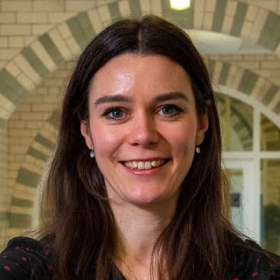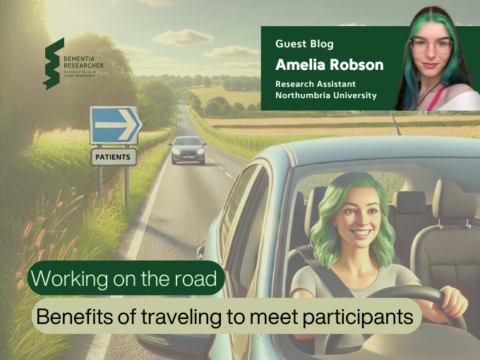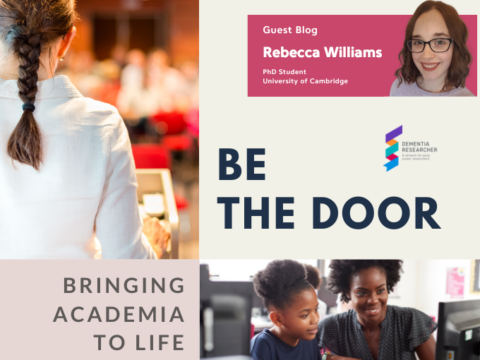Two years ago I would have been on holiday now, first few weeks of June are a nice early summer get away. But it’s still pandemic times and travelling abroad is desirable, yet a far away dream for this year. Maybe that’s good in some way, as it seems to be the season of research grant deadlines, and they require a great deal of effort, thought, and most importantly, time.
Whilst there are always call for research funding, I find that in the past few months there have been more specific ones which fit the remit of my research and my collaborators’ work. Only two days ago, I submitted a large grant with around 15 co-applicants. Now, I’m writing two other ones simultaneously. And there is another one on the horizon (with horizon meaning August).
So how to manage all these calls and different grant applications, without feeling overwhelmed and loosing track of each one? Here are some tips which I hope will be helpful:
First of all, I found that specific calls seem to be better for putting in all the effort, as it’s very specific – say the recent NIHR Mental Health North West call – as you may already have an idea and don’t have to compete in a generic pool of topics. The call itself already provides the focus, and you get clear guidance as to what the funders are looking for, and what not. This can be really helpful.
So that helps me in choosing which ones to go for. You only have so much time available, so you have to choose wisely.

Allow plenty of time
Everything takes longer than you think it will. No matter how simple it may seem to pull together a project there are lot of different steps, some more time-consuming than others.
Second, having built up those relationships with your collaborators and public advisers is also incredibly helpful in pulling a team together quickly – a team that you know you can work with well, that is dedicated to the research and the topic area, and is keen on getting the applications in. It takes time to build those relationships, but you figure out by working on different projects who is great to work with, and then you want to continue working with them.
That does not just mean working with fellow researchers though, because thirdly, your team should consist of a mix of academics, clinicians, social care providers, and people affected by dementia (if your research is focusing on the care angle of dementia). Even if you work in a lab, funding applications should always involve not just academics but also people with dementia and carers, and could also involve providers and decision makers. For my research into dementia care, this multi-disciplinary and mixed team approach brings out elements of a research project which we as sole researchers would not have thought of before. Plus, it’s nice to not just be surrounded by academics and talk about the real-life issues of people and how we can try to improve them.
So we’ve picked the calls we want to go for, we’ve built up those relationships previously and are choosing our team, and we are choosing a mixed team of experts. Having many different grants to work on can be demanding (just like when having multiple different projects to work on). Making lists, and a number of them, helps a lot. It’s best to have dedicated notes about each grant application separately, so you can dive into each temporarily trying to not think about the others.
And lastly, having written those grants with my collaborators, costings done, everyone is happy for it to be submitted, it’s always best to submit the grant at least 1-2 days ahead of the deadline. I speak from very recent experience in that suddenly your research office can cause unnecessary delays in submission.
Right, off to the next two…
Here is some further advice from the MRC that might be useful.
Author

Dr Clarissa Giebel
Dr Clarissa Giebel is a Research Fellow at the University of Liverpool and NIHR ARC North West Coast. Clarissa has been working in dementia care research for over 10 years focusing her research on helping people with dementia to live at home independently and well for longer, addressing inequalities that people with dementia and carers can face. Outside of her day work, Clarissa has also organised a local dementia network – the Liverpool Dementia & Ageing Research Forum, and has recently started her own podcast called the Ageing Scientist.

 Print This Post
Print This Post





